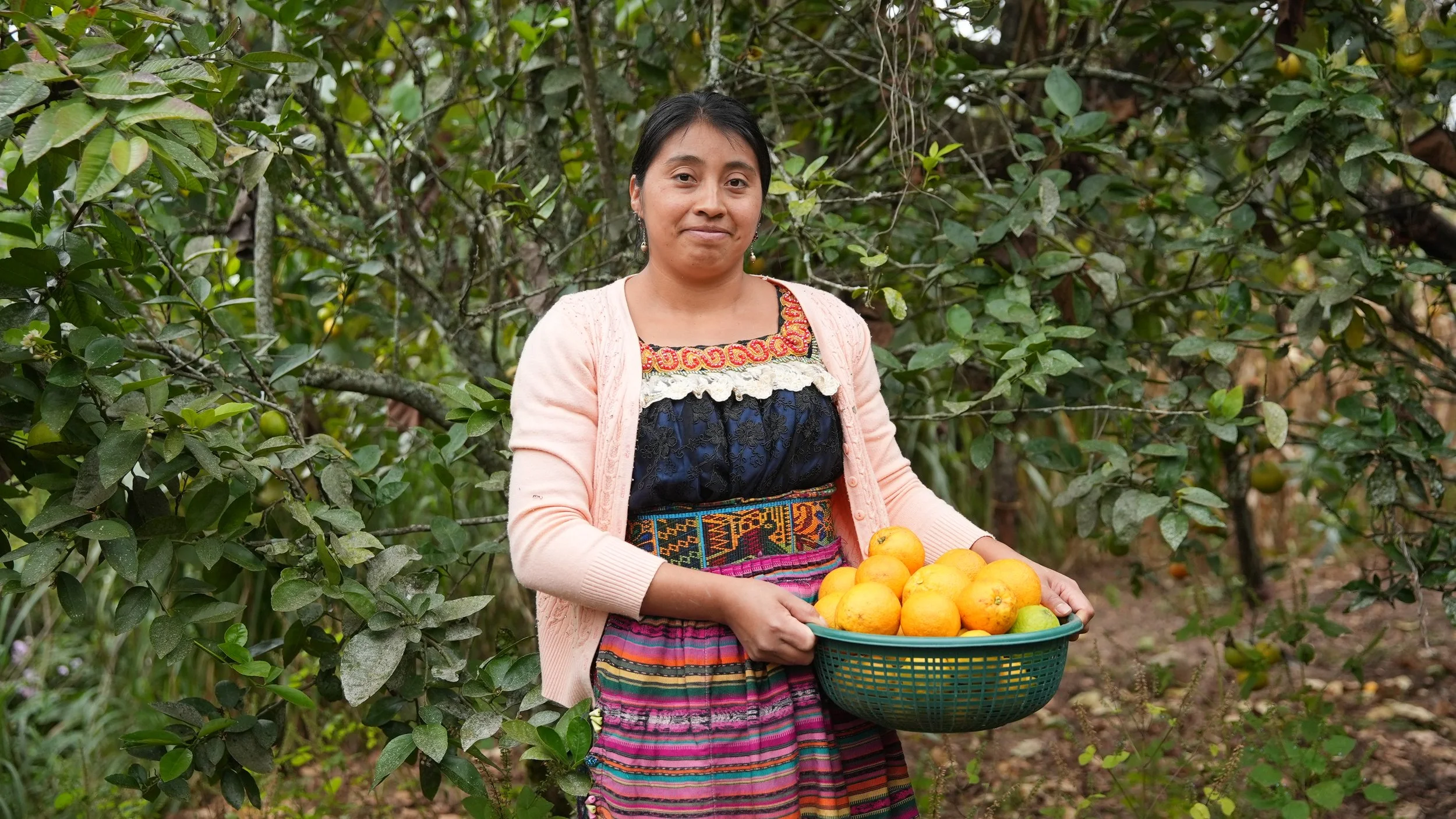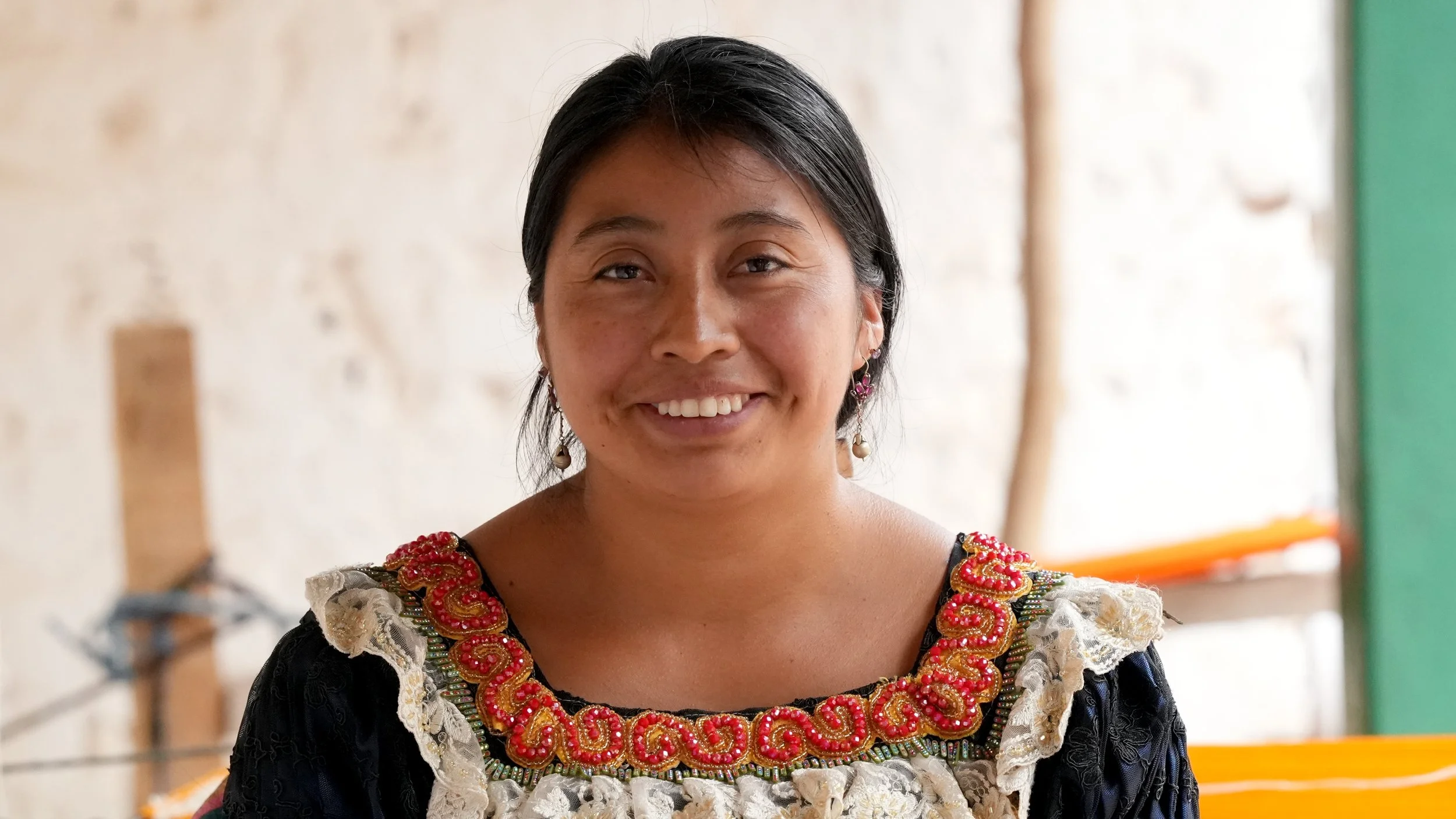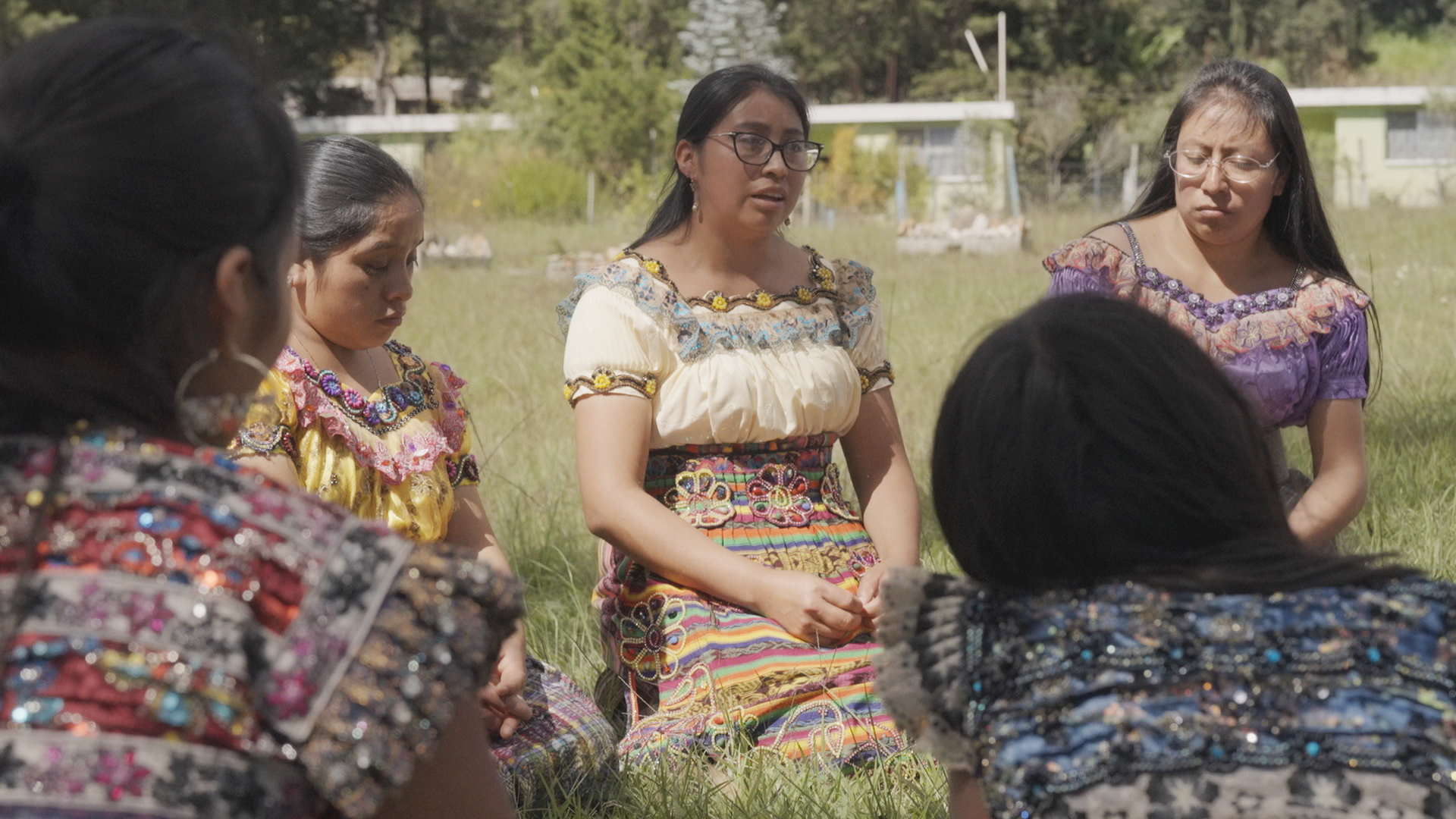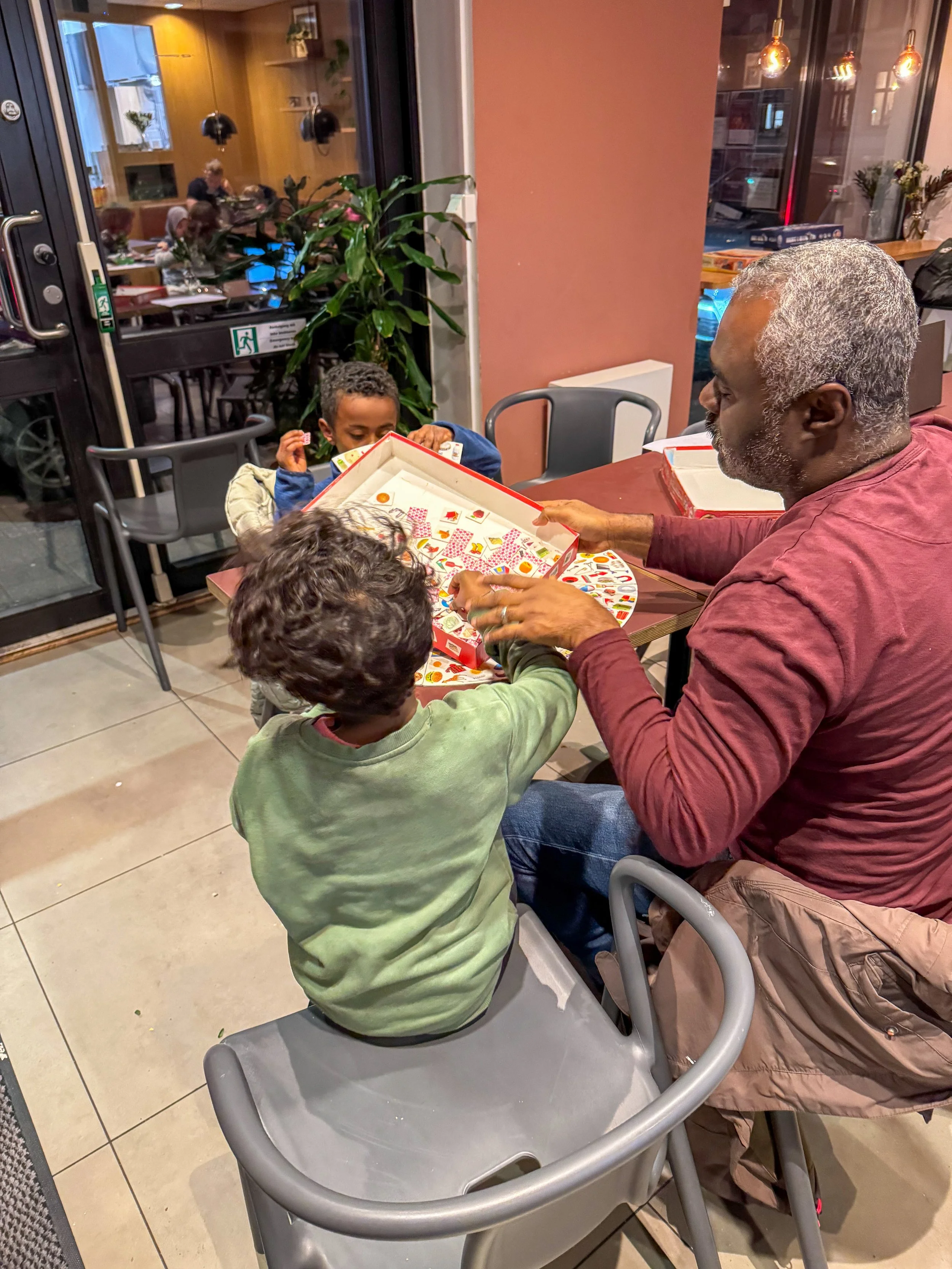Breaking the Cycle - From Violence to Empowerment
Ana’s Journey
In Guatemala’s El Quiché department, where 86% of residents live in poverty and nearly a third in extreme poverty, indigenous women face steep barriers to safety, justice, and opportunity. Amid these challenges, Ana Álvarez Osorio, a young Maya Kiché woman, has built a new life through the support of a grassroots women’s rights organization.
Ana grew up in Choacaman IV, a rural Maya Kiché community, where she spent her childhood helping with daily chores like fetching water and firewood. But she always held onto her ambition to study. With the support of her parents, she completed secondary school, an important achievement in a region where many girls face barriers to continuing their education.
She met her future husband online. At first, he seemed respectful and principled. But after Ana moved to his home in Jalapa, eastern Guatemala, the relationship quickly became abusive. He isolated her from her family, belittled her Maya identity, and controlled their finances. The couple survived on just 10 to 15 quetzales (around $2) a day. When Ana began selling snacks to contribute, her husband stopped supporting the household and took her earnings.
The abuse worsened during her pregnancy. Ana endured physical violence and psychological trauma. “My mother begged me to come home,” she recalls, “but I kept hoping things would change.” They didn’t. Fearing for her health and the life of her unborn child, Ana returned to her family.
The challenges she faced are not unique. In Guatemala, one woman is murdered every 18 hours, and the country ranks among the top five in Latin America for femicide per capita. Only 3% of reported violence cases result in a conviction, and indigenous women often facing language barriers and social stigma are among the least protected.
Ana’s turning point came through Asociación Ixmukané, a feminist indigenous organization based in El Quiché. Ixmukané is supported by the Grieg Foundation, FOKUS, and Norad. When a local promoter told Ana about their services, she was hesitant but agreed to visit their center. “The first thing that made me feel safe,” she says, “was that they spoke to me in my own language, Kiché. I wasn’t alone.”
Ixmukané provided free legal support, helping Ana file for divorce.Her ex-husband retaliated by accusing her of abandonment, but with legal representation and psychosocial support, Ana found the strength to persevere. The court ruled in her favor, granting the divorce and mandating monthly child support.
Ana joined group therapy rooted in Mayan worldviews, which is offered by Ixmukané, and gradually she regained confidence. She began crafting and selling traditional Maya Kiché clothing, gaining financial independence and stability.
Today, Ana works as a therapist, supporting other women survivors of violence.
Ana’s journey, from survivor to community leader, shows what is possible when women are supported in their language, their culture, and their rights.
“Thanks to Ixmukané,” Ana says, “I was able to redesign my life. Now I want to help other women realize that violence is not normal, and that they, too, can break free.”
Who: FOKUS - Forum for Women and Development
What: Preventing violence against women and girls
Les mer om prosjektet her.
Related stories
STORIES FROM OUR PRIORITY AREAS
All · Children & youth · Music & culture · Health & research · Climate action · Social impact investment






